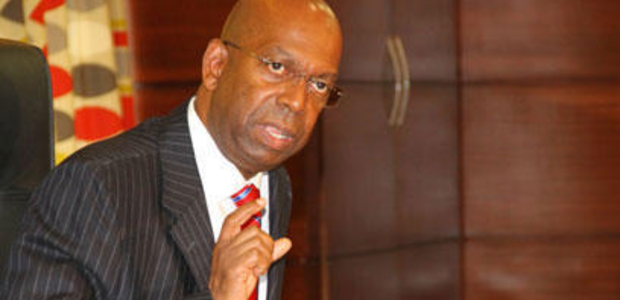About two weeks ago, a controversial Safaricom internal audit draft report by audit firm KPMG was leaked to the public and later handed over to parliament. While the debate has raged regarding this audit report on Safaricom’s multi-billion tenders, it has emerged that there could be numerous self-interested forces behind the drive to ‘reveal’ the contents of the controversial draft report.
To begin with, according to a statement released by Safaricom last week, a proactive and routine corporate governance initiative was being used to create negative perception and execute reputation attacks on the telecommunications giant. “The draft report is incomplete and was leaked illegally to the public. Individuals behind this seek to intimidate, blackmail, and extort Safaricom,” Safaricom CEO Bob Collymore said in the statement.
While the draft KPMG report is now the subject of parliamentary investigations, Bizna looks at how Safaricom has been grappling with internal graft, and what the telecommunications giant has been doing to fight corruption.
The cancellation of a multi-million dollar tender due to bribing of staff stands as one of the biggest stands Safaricom has taken against internal graft. This occurred in 2014, when Safaricom hit the headlines after canceling a multimillion-dollar tender it awarded Lebanese company Mobinets SAL. Mobinets was to supply, install and maintain a system to manage network planning, configuration tools, inventory and work flow. According to Safaricom, the tender had been awarded through fraudulent means which included bribing of staff.
Such incidences of staff bribery has seen the firm sack tens of employees found to have engaged in corrupt activities at work. For instance, over the 12 months to March last year, Safaricom sacked 58 employees who were involved in corrupt dealings. In an internal report dubbed 2015 Sustainability Report, the telecommunications giant noted that asset misappropriation and fraudulent expense claims were two of the major challenges it was facing among some of its staff.
“We conducted 29 investigations on fraud in 2015, compared to 89 the previous year when four cases were forwarded to the police for public prosecution,” Safaricom said in the report. In the three years to 2015, Safaricom sacked over 159 employees who were found to have engaged in unethical or corrupt practices.
However, efforts to nip graft in the bud have not ended there. In December last year, Safaricom and KCB became the first two corporates in the country to blacklist corrupt companies from conducting business with them. Addressing the media at the sidelines of a conference on corruption that was sponsored by the United Nations in December 2015, Safaricom CEO said that Safaricom was moving to blacklist any corrupt companies that had been blacklisted by the government from doing business with it.
This stand by Safaricom was reiterated early this year by the company’s CEO during the 3rd Biennial Africa Academy of Management Conference held at Strathmore Business School which was held in Nairobi in January. “Corruption undermines fair competition, distorts development priorities and impedes long-term foreign and domestic investment,” Mr. Collymore told the 200 delegates from 16 African nations, the United Kingdom, United States of America, Europe and Asia.
Incidentally, this came barely weeks after Mr. Collymore had raised the transparency bar in Kenya’s corporate scene by becoming the first private sector executive to publicly declare his wealth. Mr Collymore revealed that he earns an average salary of Sh9 million per month and has net assets of $2.7 million (about Sh277.3 million). “The fight against corruption ultimately lies with us as individuals. Corruption distorts markets and has a negative impact on society as a whole, in both the developing and the developed world,” Mr Collymore said after declaring his wealth.
Granted, the fight against corruption may be far from over for Safaricom. According to James Njenga, a financial markets expert, “Safaricom may continue to be vulnerable, by virtue of being the most profitable firm in the region, and its expansion, and service delivery contracts being highly lucrative for tender applicants.”
In its just released full year financial results, Safaricom retained its top ranked position as the most profitable company in the East African region after making a net profit of Sh. 38.1 billion from a increased revenues of up to Sh. 197 billion.

